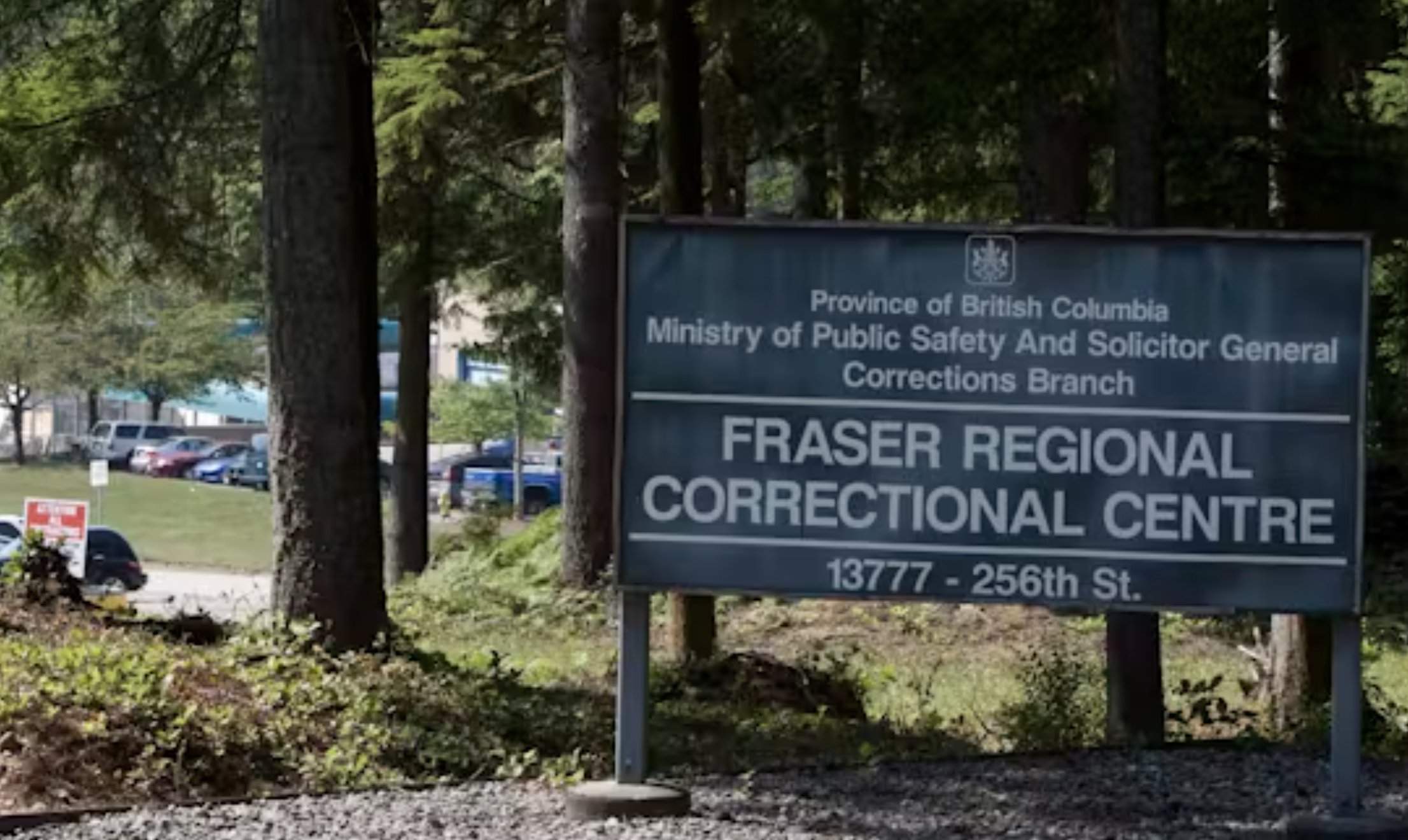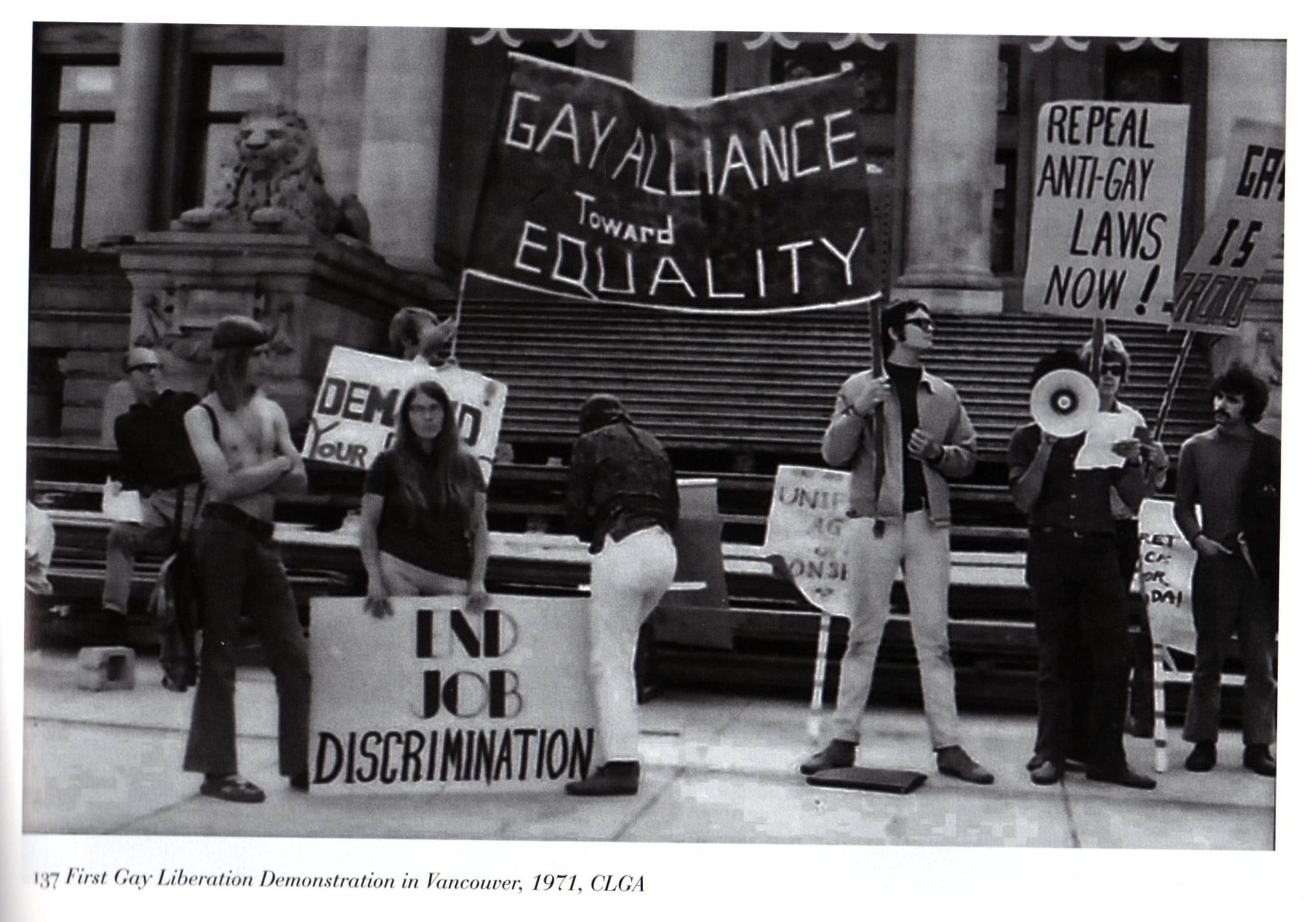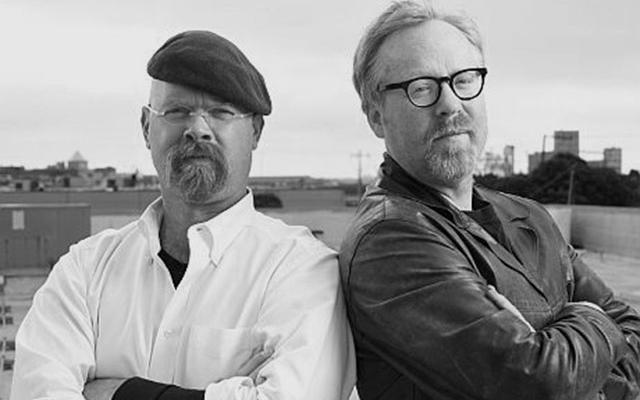Nobody is Above Natural Law, Everybody is Above Positive Law

The law library of the Fraser Regional Correctional Centre is modest: one small cupboard full of law books and journals, a few tables and chairs, and no bathroom. You’re not allowed to ask for a bathroom break while you’re in there and they don’t let you know that you are going to the library until a minute before. Of course, my first and only visit to the library came immediately after I drank a bunch of soup and water so it was a bit distracting and a bit painful. I managed to find a few nuggets of truth in there, nonetheless.
It helps to know what you’re looking for ahead of time. I was fortunate enough to find a copy of the October 30 Vancouver Sun floating around my unit, where I read reporter Ian Mulgrew’s article entitled, “High Minded Drug Policy is Not Above the Law“.
In the article, Mulgrew points out that Judge Galati noted the Supreme Court did not buy my arguments and neither did he: “used properly, cannabis may well be a remarkable substance”, but no one is above the law.
Though the Supreme Court disagreed with me about Section Seven of the Constitution: protecting harmless people from being harmed, they did agree with me in paragraph 100 of their 2003 decision that cannabis, used properly, is harmless.
Now, if it’s true that most people use cannabis properly and to their benefit, then it’s also true that most cannabis users, growers, and dealers are harmless. If it’s true that most of the cannabis community is harmless, then the criminalization of this harmless community can be said to be an act of oppression and scapegoating.
What does history teach us about those who resisted oppression and scapegoating? Were they above the law or just more in touch with the law than their oppressors?
For example, was Martin Luther King Jr. acting above the law when he repeatedly took part in civil disobedience? In his 1963 letter from a Birmingham City jail, he argued that there were two kinds of laws: just laws and unjust laws, and that it was every citizen’s duty to disobey unjust laws. I believe MLK wasn’t above the law, at least not above the just laws. He may well have been above the unjust law of racial segregation.
And a good thing, too. For, if individuals like him didn’t rise above segregation, it might still be around. I wonder if Judge Galati thinks that jailing MLK would have been the right thing to do to punish him for resisting his particular oppression based upon his harmless characteristics.
Or take the Nuremberg war trials for another example. Often, the Nazi oppressors excused their oppressive activities with the ‘just following orders’ argument. In fact, many were also following the law, as well. The Final Solution was the law of the land. Were those who defied it above the law? Didn’t the victorious Allies tell the defeated Nazis at Nuremberg they had a duty to disobey orders or laws when they were, on the surface, unconscionable? When they were obviously an attack on harmless scapegoats?
I wonder if Judge Galati thinks that jailing Germans who defied the Final Solution would have been the right thing to do. Obviously, sometimes people are above the law when the law itself is creating harm.
This bring me back to my adventure in the Fraser Regional Correctional Centre. I was looking for a precedent in Canadian law that delineated just laws from unjust laws; one that didn’t rely on our disappointing constitution. I think I found it.
It’s called Chabot v. Les Commissaires d’ecoles de Lamorandiere, 1957 B.R. 707 at 721-22 – from the Quebec Court of Appeal. I found it on page 177 of the Canadian Law Dictionary from 1998 under the heading “Natural Law”. The passage states:
This law, which is different from man-made law, is set forth by God through human reason to conform man’s human nature, meaning his whole mental, moral, and physical constitution. Knowledge of natural laws may be attained merely by the light of reason, from the facts of their essential agreeableness with the constitution of human nature. Natural law exists regardless of whether it is enacted as positive law.
In other words, natural law is pure reason and the source of law, and positive law is the human attempt at manifesting natural law. When positive law and natural law differ, we should abandon positive law and replace it with a new positive law that is more reasonable. In that way we are all above positive law and we are all subject to natural law – all of us – MLK, Germans living in Nazi Germany, and members of the cannabis activist community.
I found another quote about natural law on page 1055 in the 8th Edition of Black’s Law Dictionary. It states:
Natural law, as it is revived today, seeks to organize the ideal element in law to furnish a critique of old received ideals and give a basis for formulating new ones, and to yield a reasoned cannon of values and a technique of applying it.
From Roscoe Pound, The Formative Era of American Law
By the way, I also had time to look up positive law in the Canadian law dictionary but didn’t have enough time to write it down. I remember it was defined more or less as ‘law enacted by political superiors on their inferiors’. Positive law, like segregation or the Final Solution, was created by our superiors and challenged by inferiors. Something tells me we need to reevaluate the legal definitions of ‘superior’ and ‘inferior’.
One last thought: if anyone wants to find a copy of Chabot’s or any other natural law case or a harm principle within sentencing case and send it to me at Fraser Regional Correctional Centre, I would greatly appreciate it. Something tells me it’s not in the cupboard.
Send legal cases or supportive letters to:
David Malmo-Levine
Fraser Regional Correctional Centre
PO Box 1500,
Maple Ridge, BC
V2X7G3
David Malmo-Levine is a Vancouver marijuana activist incarcerated at the Fraser Regional Correctional Centre in Maple Ridge, BC, for his establishment of the Vancouver Herb School. Please click here and here for more information on David’s case.



